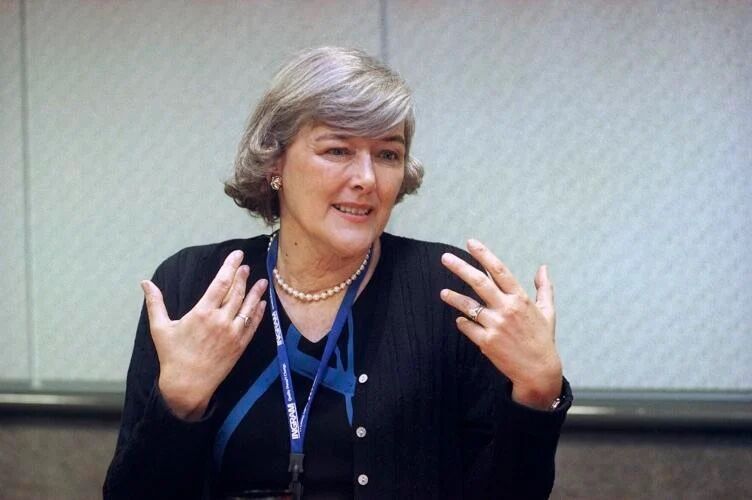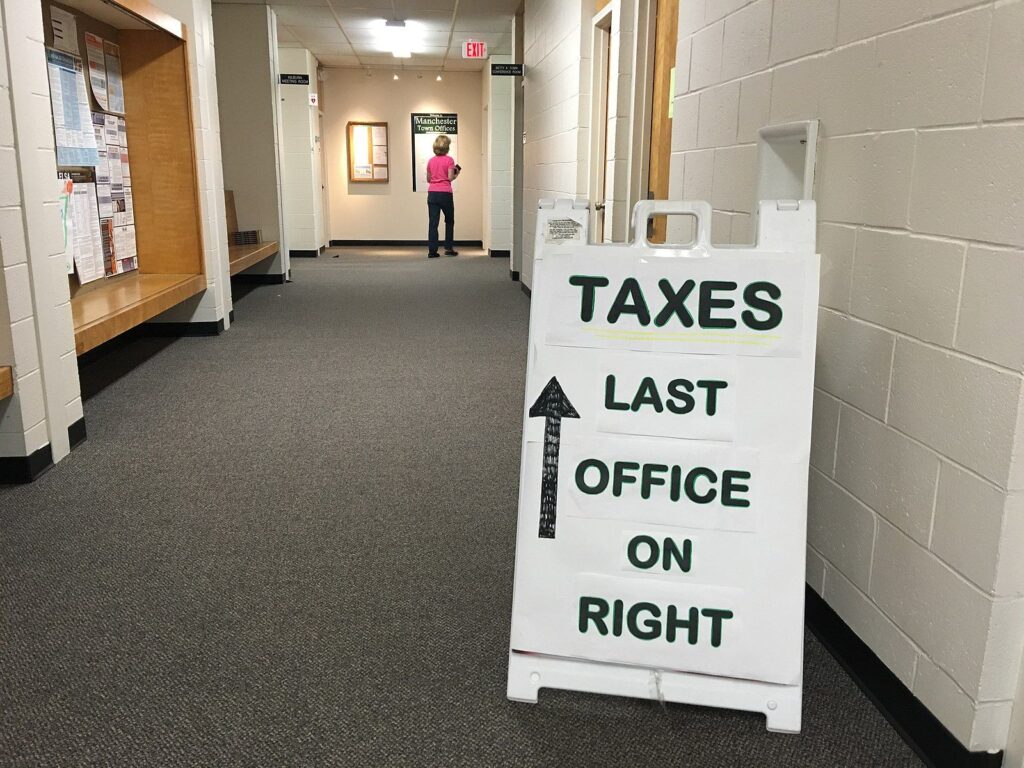Though the district has diverse leaders and names equity as a core value, Bacon said these problems have gone unsolved, in part, because most district employees believe they’re already doing the work. It’s a conundrum she refers to as “unchecked liberalism.”
“I’m grateful we don’t have to have conversations that racism is real,” Bacon said, “but we have work to do to check ourselves to see if we’re living up to the expectations we set.”
Former Denver educator Vernon Jones has been critical of the district’s approach.
“If we keep saying we’re an equity district, then we want to see it,” he said – and in ways that are not just cosmetic. “We want to see it in outcomes,” said Jones, who works for FaithBridge, a nonprofit that mobilizes faith leaders to advocate on education issues.
For example, Jones said: Are more Black students reading on grade level? Have math scores gone up? Are Black students still more likely to be identified as needing special education?
“People are tired of just waiting for the right things to be done,” he said.
The work of responding to the resolution and task force recommendations falls to a nine-person team that Bacon and others said needs more support. In addition to limited capacity, the team has pointed to tangible barriers, including a district philosophy of decentralization that allows schools to opt out of certain curriculum or staff training if school leaders prefer an alternative.
Team members, some of whom are Denver Public Schools graduates themselves, said they’re optimistic about the progress thus far and realistic about the work ahead.
“The systems in place have taken decades of buildup,” said Danielle Harris, who oversees culturally responsive education. “We can’t break it down in one day or one bias training.”
Here are some of the steps the district has taken, according to the progress report:
* Launched mandatory implicit bias training for about 1,200 employees who work in the district’s central office, plus another 100 who opted in. The nine-month training, called the Equity Experience, consists of nine modules that employees complete on their own time.
The resolution requires all district employees to be trained on implicit bias, which refers to the unconscious attitudes or stereotypes that people hold. But instead of making the training mandatory for all 15,000 employees at once, the district is taking a phased approach. This fall, principals and other administrators will start the training.
* Committed to taking a hard look at the culture of the district’s central office with help from a Harvard Graduate School of Education program aimed at disrupting racism.
The resolution says the central office will review how it can prioritize Black student success.
* Continued efforts to recruit more Black teachers. For the first time this year, recruiters are conducting phone interviews with every candidate of color who applies to be a teacher.
The task force recommended the district find ways to attract and retain Black teachers. Past efforts have not substantially increased the number; most Denver teachers are white.
* Launched a student mentorship program called the African American Success Network. It began with 30 students who were paired with Black professionals to discuss career aspirations.
The task force recommended the district develop a plan to increase Black students’ access to “high-value learning opportunities,” such as student leadership and magnet programs.
* Created the African American Parent and Family Institute, which hosted in-person events honoring Black student activists and Black literature this past school year, as well as virtual listening sessions with Black families during remote learning.
The task force recommended the district create Black family councils to give voice to the goals, needs, and concerns of Black families, as well as to empower them.
* Begun continually reviewing curriculum to ensure it is culturally relevant. About two-thirds of Denver students are Black or Hispanic. Students and educators have raised concerns that the district’s history curriculum, for example, focuses too much on white stories.
The task force recommended the district ensure its curriculum is responsive to Black students.
The progress report also cites some recent accomplishments, including increased participation by Black high school students in college-level courses and career apprenticeships. Through grants and fundraising, the district also secured $101,500 for a summer program that aims to provide 50 boys of color with “meaningful remote work experiences.”
Chalkbeat Colorado is a nonproit news organization covering education issues.















